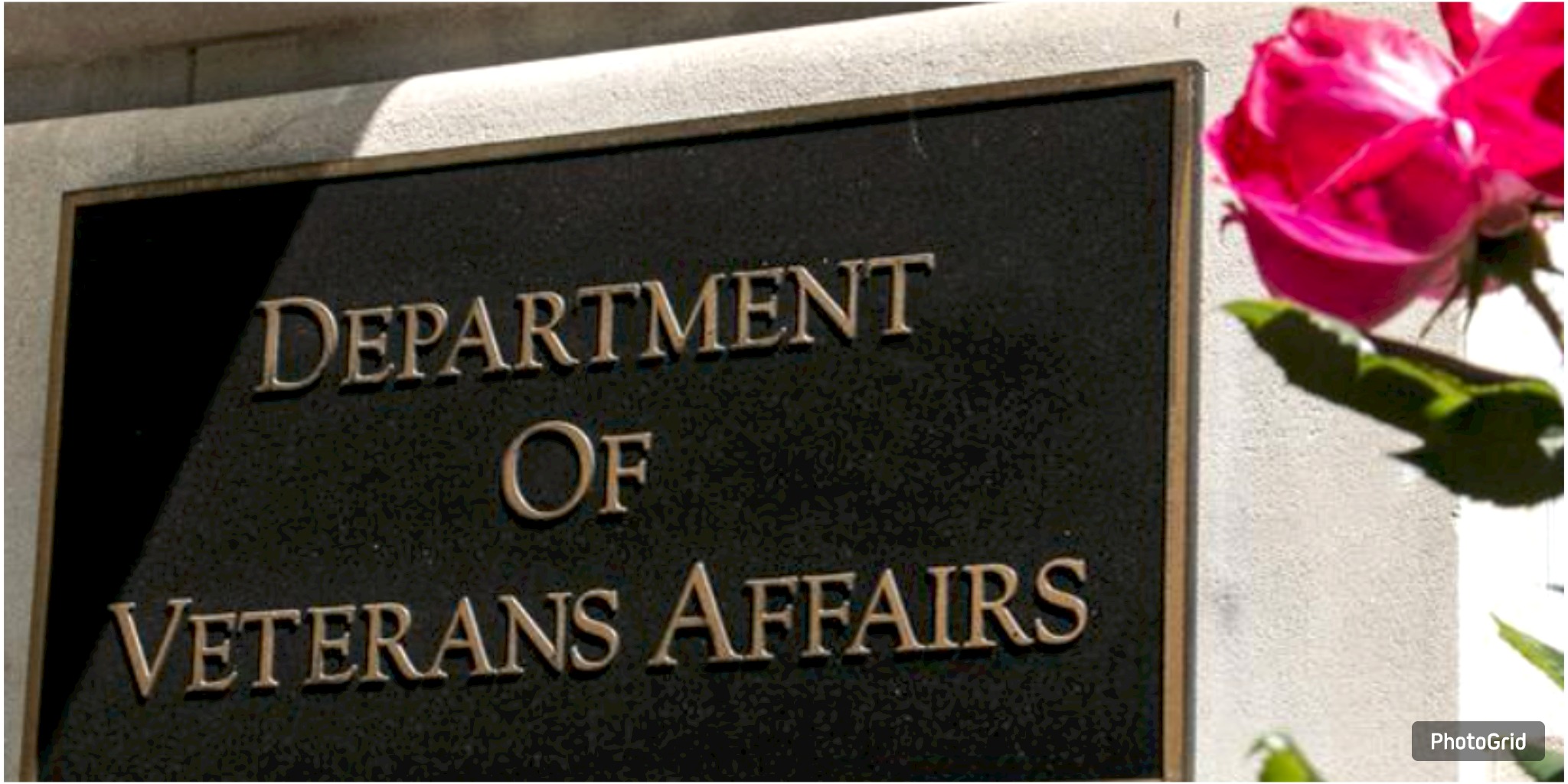


During a Senate Veterans’ Affairs Committee field hearing on Thursday, it was revealed that veterans in Louisiana are grappling with significant deficiencies in mental health care, highlighted by extended wait times and a dire lack of available providers.
During a session led by Sen. Bill Cassidy, R-La., at Delgado Community College, new data were presented, revealing that Louisiana’s 262,000 veterans face significantly higher rates of post-traumatic stress disorder and encounter more obstacles to care compared to the national average.
A survey conducted by the University of Louisiana at Lafayette and presented during the hearing suggested that PTSD rates among veterans in the state might soar to 45%, which is more than double the national average.
A significant portion of respondents, specifically forty-two percent, indicated that they reside over an hour away from a Veterans Affairs clinic. The realities of rural poverty, food insecurity, and transportation difficulties, which many are grappling with, compound this distance.
“The mental health of our veterans transcends the confines of the VA; it stands as a matter of national security,” stated Charlton Meginley, Secretary of the Louisiana Department of Veterans Affairs. “Neglecting the needs of veterans will have repercussions on future enlistment decisions.”
Observers recounted significant deficiencies in the availability of treatment. Emily Meyers, the CEO of Long Branch Recovery and Wellness, highlighted that veterans struggling with substance use disorders frequently face wait times exceeding 30 days for appointments. “This gap can prove deadly,” she remarked, highlighting the widespread issue of fentanyl-laced substances.
Belinda Hill, a service officer with the Disabled American Veterans, expressed concerns that the system focuses solely on individuals facing immediate crises. “If you’re not in a life-threatening situation, immediate attention may not be available,” Hill stated.
A report published on Monday by the VA Office of Inspector General highlighted the ongoing crisis. In Louisiana, the situation at the three veterans hospitals has reached a critical point, with numerous classifications indicating a severe shortage in both mental health and nursing positions. The VA has also revealed that in 2025, there are 4,434 critical job shortages across the nation, which represents an increase of 50% compared to 2024.
“It’s undeniable that our state faces a significant shortage of mental health providers,” stated Fernando Rivera, director of the Southeast Louisiana Veterans Health Care System.
Supporters emphasized that technology cannot replace the value of face-to-face care. Jackson Smith, a Marine combat veteran, called for the growth of community-based initiatives that provide direct, personal support. “I have experienced that isolation as a veteran, and I felt just as alone when I exited the app,” Smith remarked.
In Louisiana, the situation remains critical with just seven residential beds available for veterans requiring intensive treatment. However, there is hope on the horizon as federal funding is anticipated to enhance capacity across the country, as outlined in President Trump’s 2026 budget proposal.
The committee is poised to persist in its examination of veterans’ health care access while Congress engages in discussions surrounding wider VA funding priorities.
















From breaking news to thought-provoking opinion pieces, our newsletter keeps you informed and engaged with what matters most. Subscribe today and join our community of readers staying ahead of the curve.